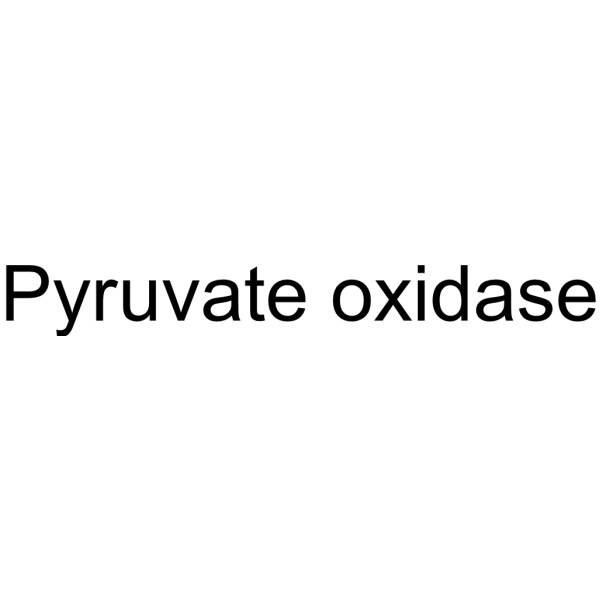| Structure | Name/CAS No. | Articles |
|---|---|---|
 |
Synthetase, Acetylcoenzyme A
CAS:9012-31-1 |
|
 |
Pyruvate Oxidase
CAS:9001-96-1 |